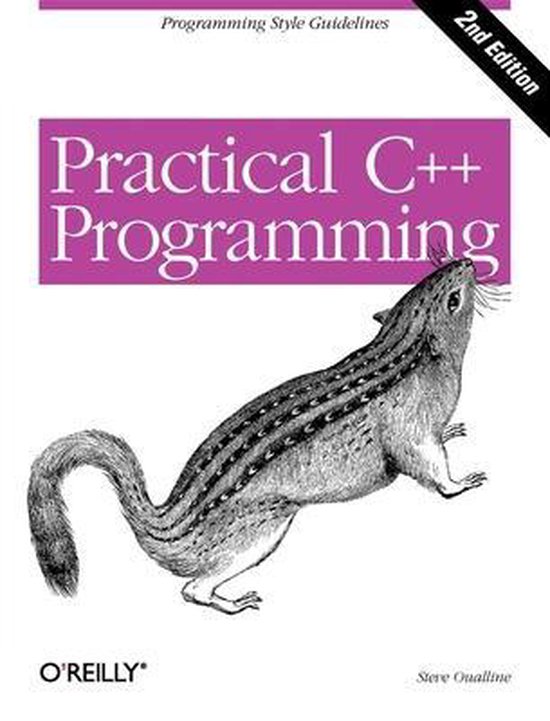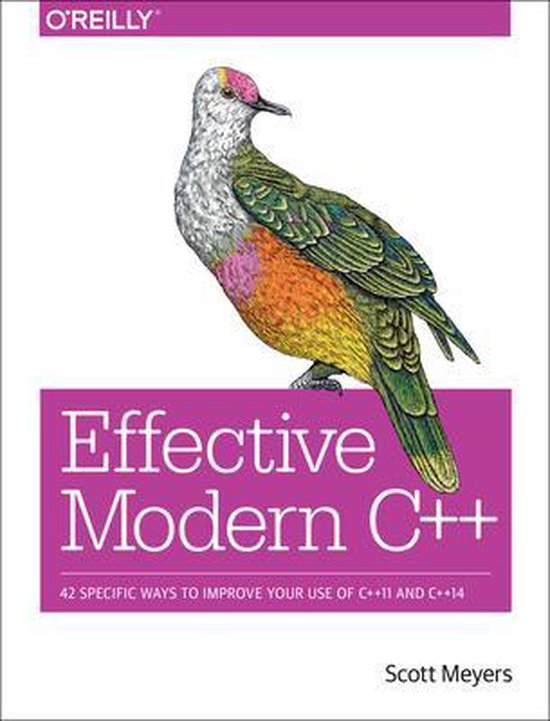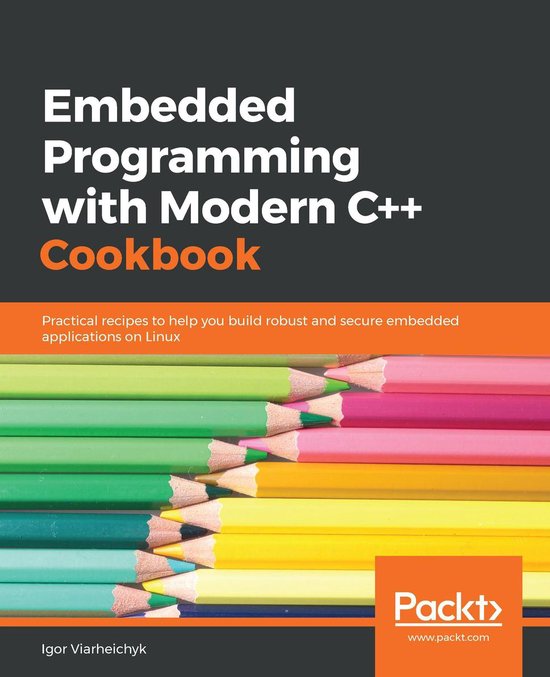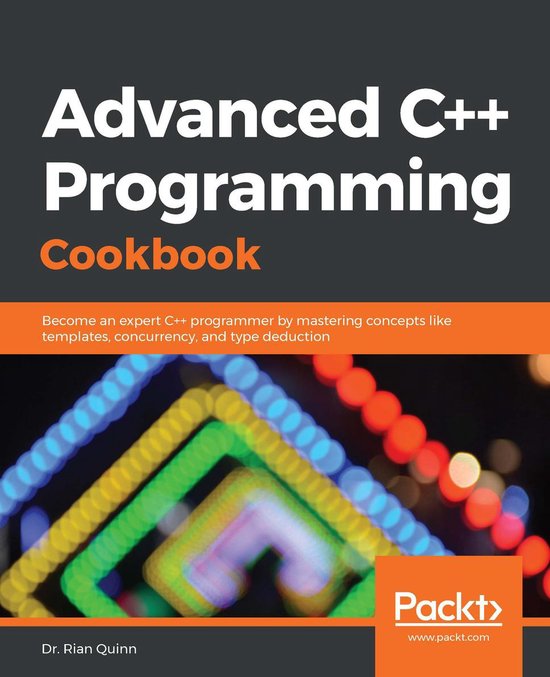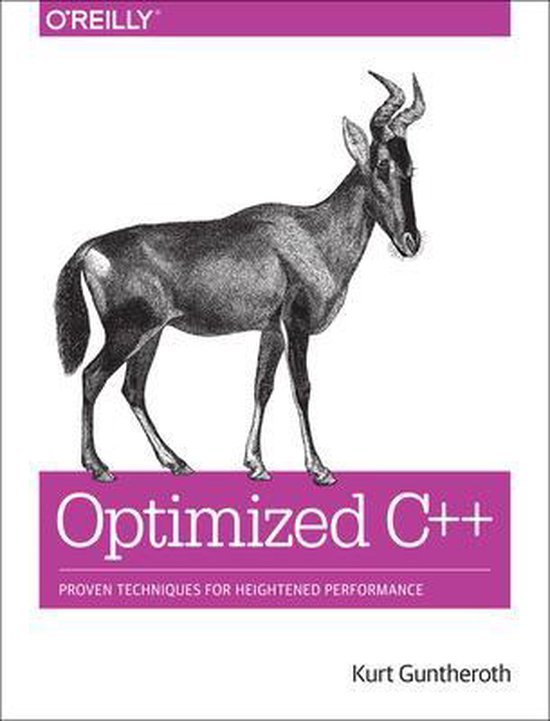
Optimized C++
In today's fast and competitive world, a program's performance is just as important to customers as the features it provides. This practical guide teaches developers performance-tuning principles that enable optimization in C++.
In today's fast and competitive world, a program's performance is just as important to customers as the features it provides. This practical guide teaches developers performance-tuning principles that enable optimization in C++. You'll learn how to make code that already embodies best practices of C++ design run faster and consume fewer resources on any computer-whether it's a watch, phone, workstation, supercomputer, or globe-spanning network of servers. Author Kurt Guntheroth provides several running examples that demonstrate how to apply these principles incrementally to improve existing code so it meets customer requirements for responsiveness and throughput. The advice in this book will prove itself the first time you hear a colleague exclaim, "Wow, that was fast. Who fixed something?" Locate performance hot spots using the profiler and software timers Learn to perform repeatable experiments to measure performance of code changes Optimize use of dynamically allocated variables Improve performance of hot loops and functions Speed up string handling functions Recognize efficient algorithms and optimization patterns Learn the strengths-and weaknesses-of C++ container classes View searching and sorting through an optimizer's eye Make efficient use of C++ streaming I/O functions Use C++ thread-based concurrency features effectively
In today's fast and competitive world, a program's performance is just as important to customers as the features it provides. This practical guide teaches developers performance-tuning principles that enable optimization in C++. You'll learn how to make code that already embodies best practices of C++ design run faster and consume fewer resources on any computer-whether it's a watch, phone, workstation, supercomputer, or globe-spanning network of servers. Author Kurt Guntheroth provides several running examples that demonstrate how to apply these principles incrementally to improve existing code so it meets customer requirements for responsiveness and throughput. The advice in this book will prove itself the first time you hear a colleague exclaim, "Wow, that was fast. Who fixed something?" Locate performance hot spots using the profiler and software timers Learn to perform repeatable experiments to measure performance of code changes Optimize use of dynamically allocated variables Improve performance of hot loops and functions Speed up string handling functions Recognize efficient algorithms and optimization patterns Learn the strengths-and weaknesses-of C++ container classes View searching and sorting through an optimizer's eye Make efficient use of C++ streaming I/O functions Use C++ thread-based concurrency features effectively
| Auteur | | Kurt Guntheroth |
| Taal | | Engels |
| Type | | Paperback |
| Categorie | | Computers & Informatica |
